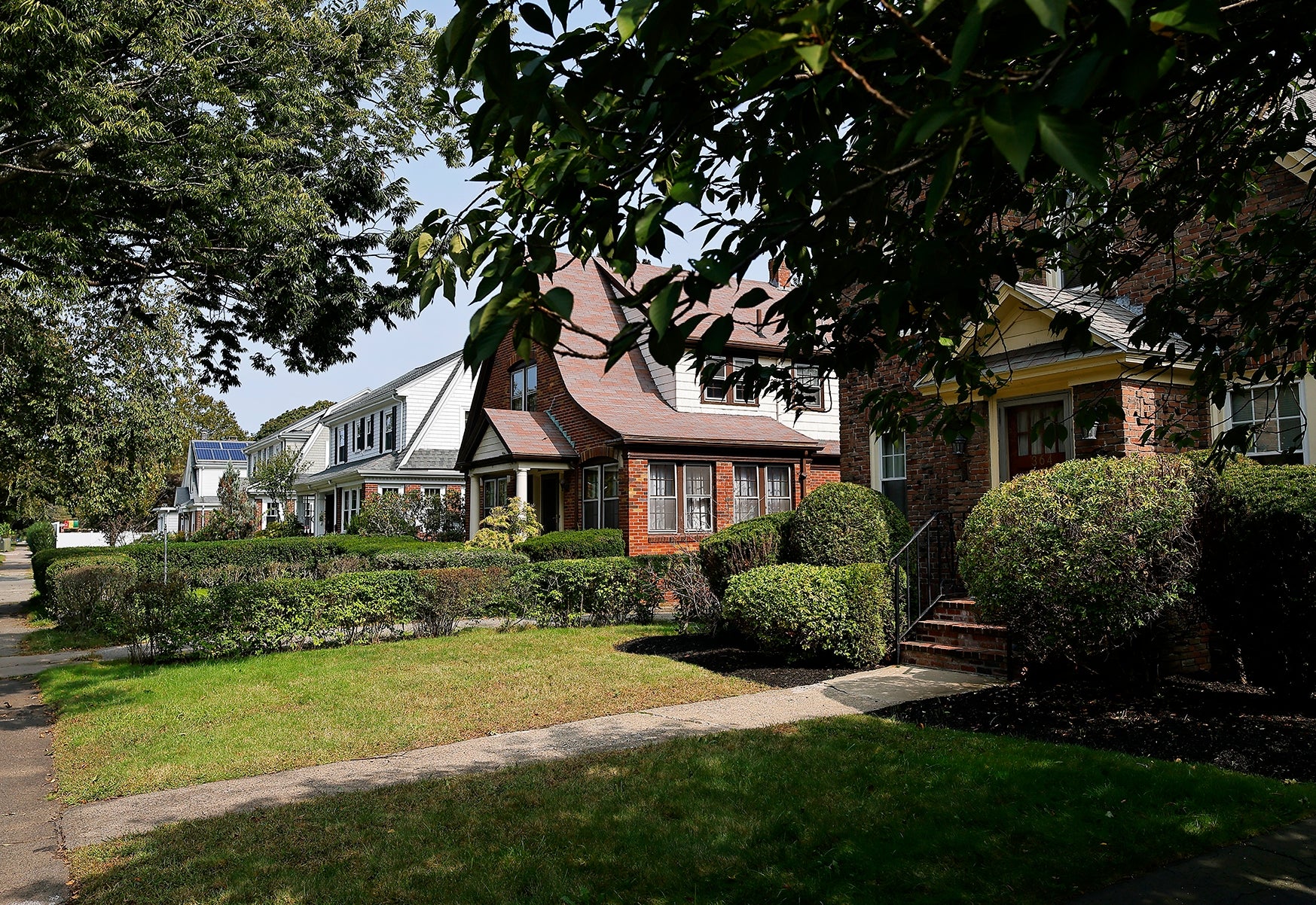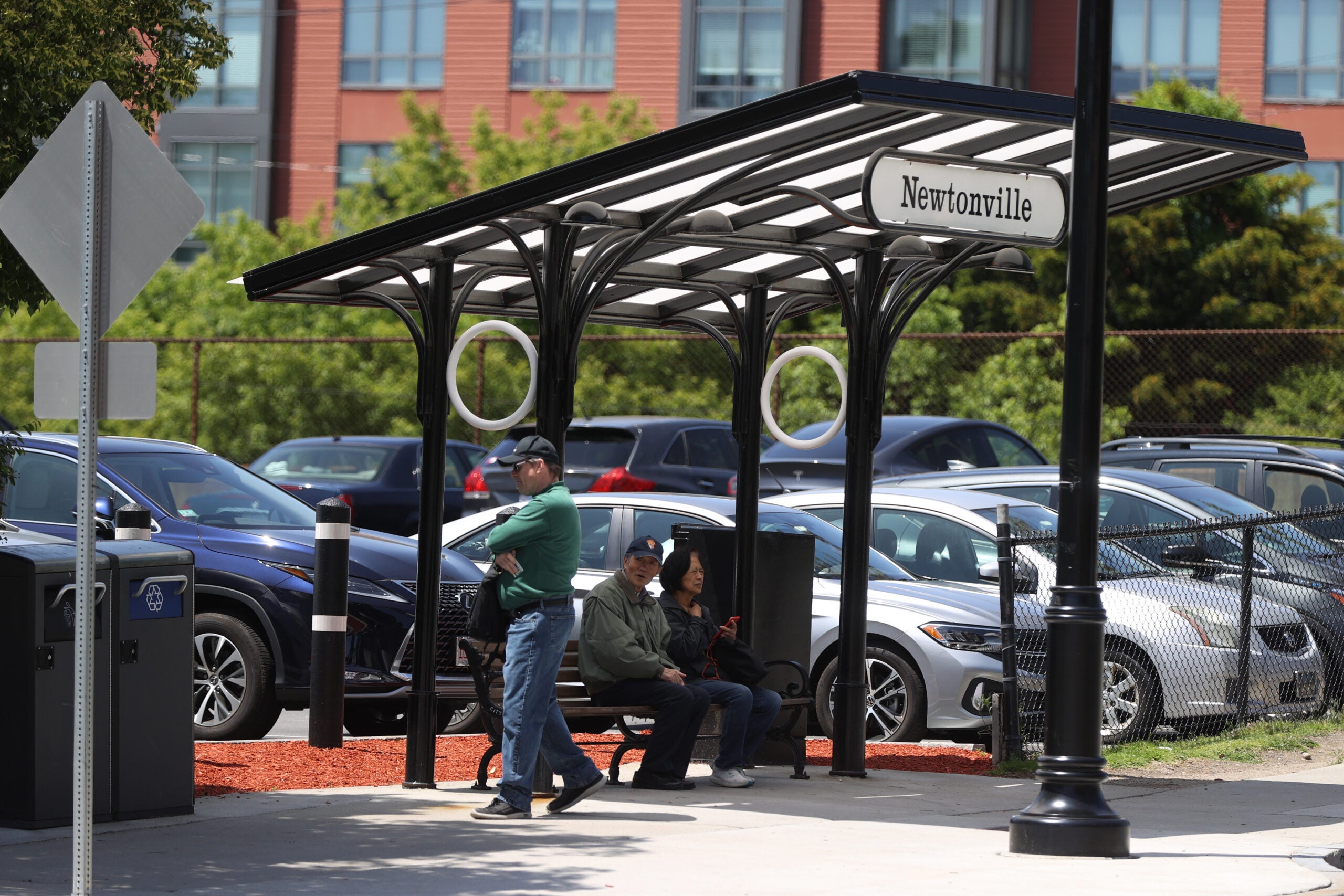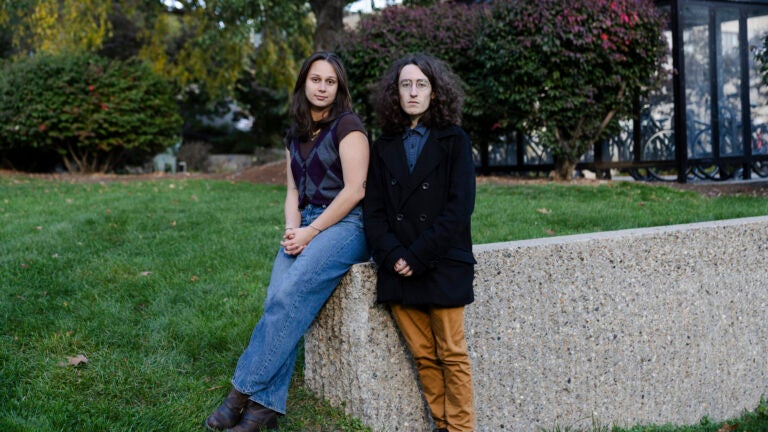Extra News Alerts
Get breaking updates as they happen.

After years of arguing and planning, the Newton City Council passed zoning changes Monday night that will allow for denser multifamily housing in several key corridors of the city, potentially paving the way for thousands more apartments and condominiums in one of Boston’s wealthiest and most prominent suburbs.
The 21-2 vote, which came in response to a controversial state law aimed at addressing Massachusetts’ housing crisis, represents the most significant rezoning in the city in decades, affecting six of Newton’s 13 village centers, or commercial districts.
It also marked a compromise after months spent debating height limits for individual parcels, and a serious retreat from a more ambitious plan that would have allowed multifamily housing in all 13 village centers, amid mounting pressure from resident groups that opposed the rezoning effort and resounding losses for three councilors in last month’s elections who supported the broader plan.
“We are improving our zoning for the first time in 70 years,” Councilor Victoria Danberg said at the meeting Monday night. “We have to do this in order to be able to move forward and into the future and to get our city to a place where young people can again move in and afford to live here.”
“Yes, there were things that were given up” throughout the rezoning process, she said. But “look at all of the wonderful positives that will come out of this vote tonight.”
The rezoning is Newton’s effort to comply with the state’s new MBTA Communities housing law, which mandates denser multifamily housing near transit corridors in nearly 180 municipalities and has ignited controversy across the state.
The vote in Newton could serve as an early test of the 2021 law, which lawmakers hoped would open suburbs that have for decades resisted efforts to build more apartments and condominiums. The 12 municipalities with access to the T’s rapid transit system — the Red, Orange, Blue, and Green lines — must have their zoning submitted to the state for review by the end of the year.
Most of those communities still have yet to approve plans. Also on Monday evening, Town Meeting members in Milton debated more than four hours on a rezoning proposal to satisfy the MBTA Communities law, before continuing the debate until next Monday. They did defeat a motion to refer the proposal for further study, by a vote of 159-91, which would have caused the town to miss the state’s Dec. 31 deadline to pass new zoning.

In Newton, for the better part of three years, the council’s zoning and planning committee had been workshopping a plan that would’ve targeted all the city’s 13 village centers — where the idea of allowing more mixed-use residential buildings has been floated for decades. That plan, which was in the works before MBTA Communities was passed, would’ve rezoned about 3 percent of Newton’s total land area.
But that effort came to a resounding halt in recent months. Some residents, councilors, and neighborhood associations campaigned against the broader effort, arguing that it would disrupt historic neighborhoods and lead to overdevelopment. The council spent many hours locked in debate over individual streets and parcels, and how much housing should be allowed in certain areas over others.
In the end, they opted instead to focus on just six village centers, which the council hoped would be enough to reach the state’s minimum zoning standards, which require Newton to enable space for 8,330 new units to be built. (The law does not require that the units actually be built, only that they be allowed.)
The threat of a possible voter referendum over the rezoning plan hung heavy over the council as they deliberated in recent weeks. A contingent that campaigned against the more ambitious rezoning effort has already been laying the groundwork, telling councilors that if they went too big on the rezoning, they would start gathering signatures.
And some said the recent election, which saw five proponents of a plan like the one passed Monday elected to the council, was a sign that voters were not ready for a more ambitious housing effort. If the council voted for it, they said, it would almost certainly lead to a referendum, which would’ve been the second land-use referendum there in four years. Last time, voters backed the rezoning for the 800-unit mixed-use Northland project in Newton Upper Falls in 2020.
“Our residents may not want us to go beyond the law,” Councilor Emily Norton said at a meeting on the zoning last week. “In fact, who knows if they’ll even support complying with the law, so why push it? To me, just complying with the MBTA Communities law and not going significantly beyond it would be a win. It would be a housing vote without a lot of turmoil and fighting.”
The scaled-back plan affects Newton Centre, Newton Highlands, Waban, West Newton, Newtonville, and Auburndale. It allows for buildings between two-and-a-half and four-and-a-half stories in some of the city’s most valuable commercial areas, and keeps the city closer to the minimum number of units required in its zoning under MBTA Communities. In many of those areas, developers would be required to carve out room for commercial space on the first floor of projects, as well as set aside some units for affordable housing.
But it’s passing came as a disappointment to some housing advocates and councilors, who had hoped for a more ambitious plan.

“I understand the art of compromise going on here,” Councilor Alison Leary said before the vote Monday. “But what we’ve done is essentially eviscerated our work from the last three years. We have a climate crisis, we have a housing crisis. And I’m concerned that we’ve undercut so much and given up so much that very little is going to get built.”
There was also a last-minute wrench in the council’s plan. Local officials have been trying for years to secure funding to upgrade the commuter rail stop in Auburndale, which is in bad condition and limits the times of day that riders can go in certain directions. Federal and state officials, including Housing Secretary Ed Augustus, wrote the council last month saying that officials will likely take into consideration the zoning around the stop, and that not allowing more housing in the area could potentially jeopardize the funding.
The council ultimately opted to include Auburndale in the final package.
Now the zoning will be sent to the state, where officials will determine if it meets the requirements. There is some concern among councilors and advocates, as well as the city’s planning department, that the state may not count portions of the new zoning where building heights are limited and commercial space and affordable units are required.
Much of the new zoning caps building heights at three-and-a-half stories, which developers have said may make some projects financially unfeasible when the other requirements are factored in.
And, there is still the possibility of a referendum, though councilors said they specifically passed the scaled-back plan in hopes of appeasing the residents who have been planning to organize a ballot initiative.
Still, the new zoning represents a remarkable shift from the past, when local officials were often skeptical of new housing efforts, and most new zoning was written to make it more challenging to build apartments, not less. That is what legislators hoped the law would do, but how many units will actually be generated by new zoning remains to be seen.
“This is a victory,” said Greg Reibman, president of the Charles River Chamber of Commerce. “To get any zoning package of this size across the finish line in Newton is a win. It’s not what some of us wanted, but I’m also happy to get something done.”
Mark Arsenault of the Globe staff also contributed to this report
Get breaking updates as they happen.

Stay up to date with everything Boston. Receive the latest news and breaking updates, straight from our newsroom to your inbox.
Conversation
This discussion has ended. Please join elsewhere on Boston.com